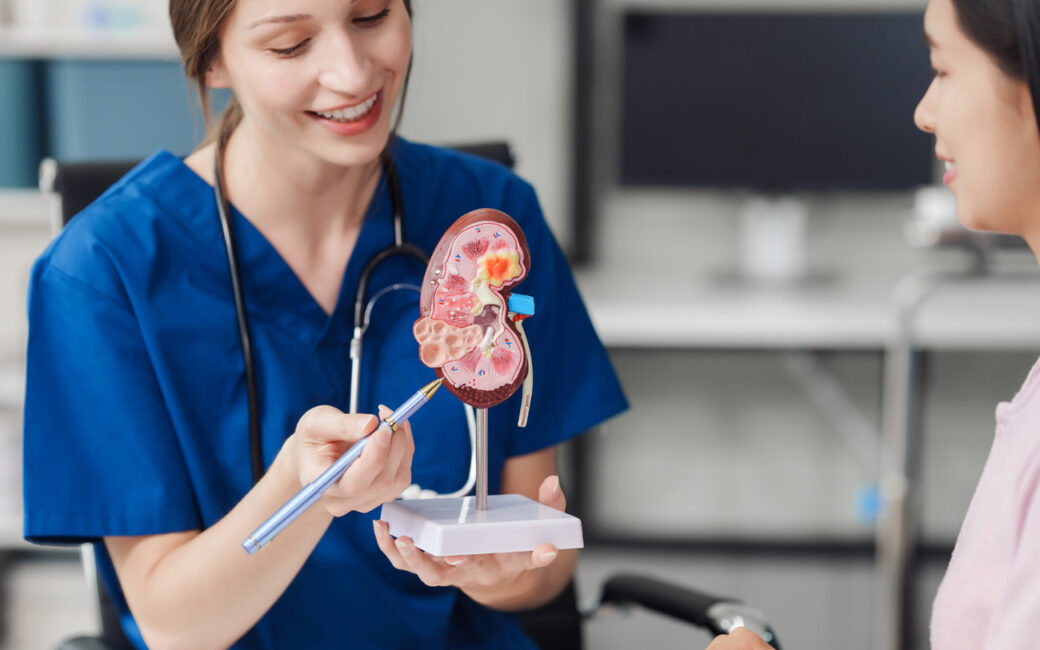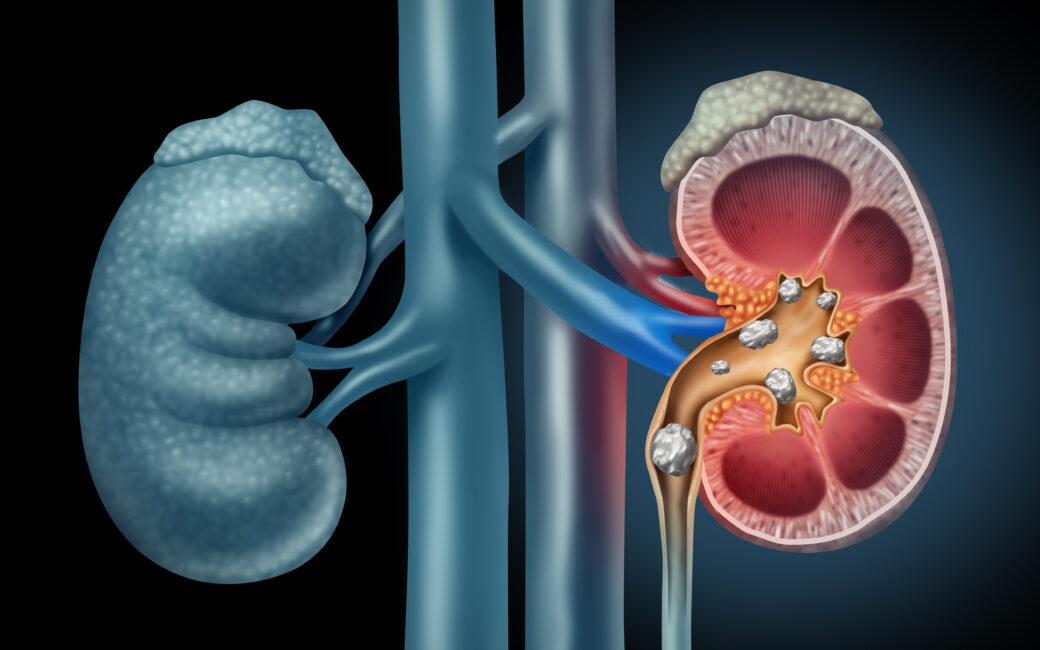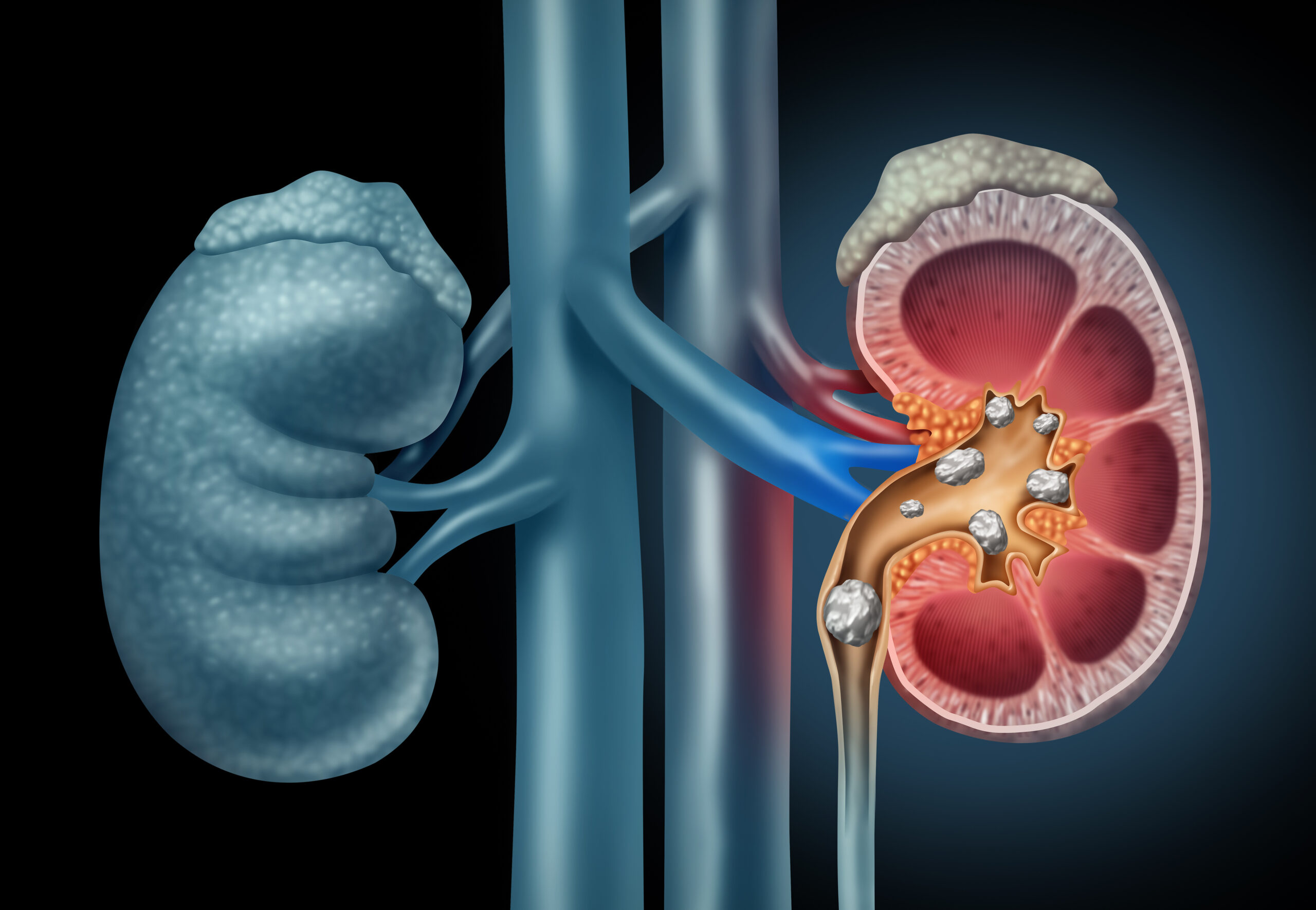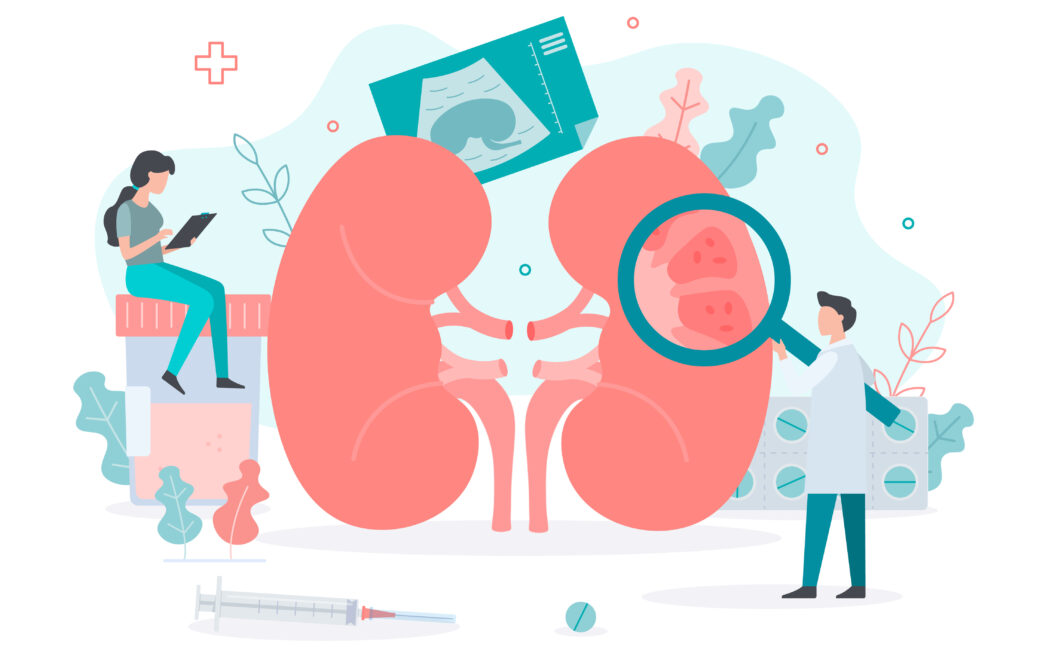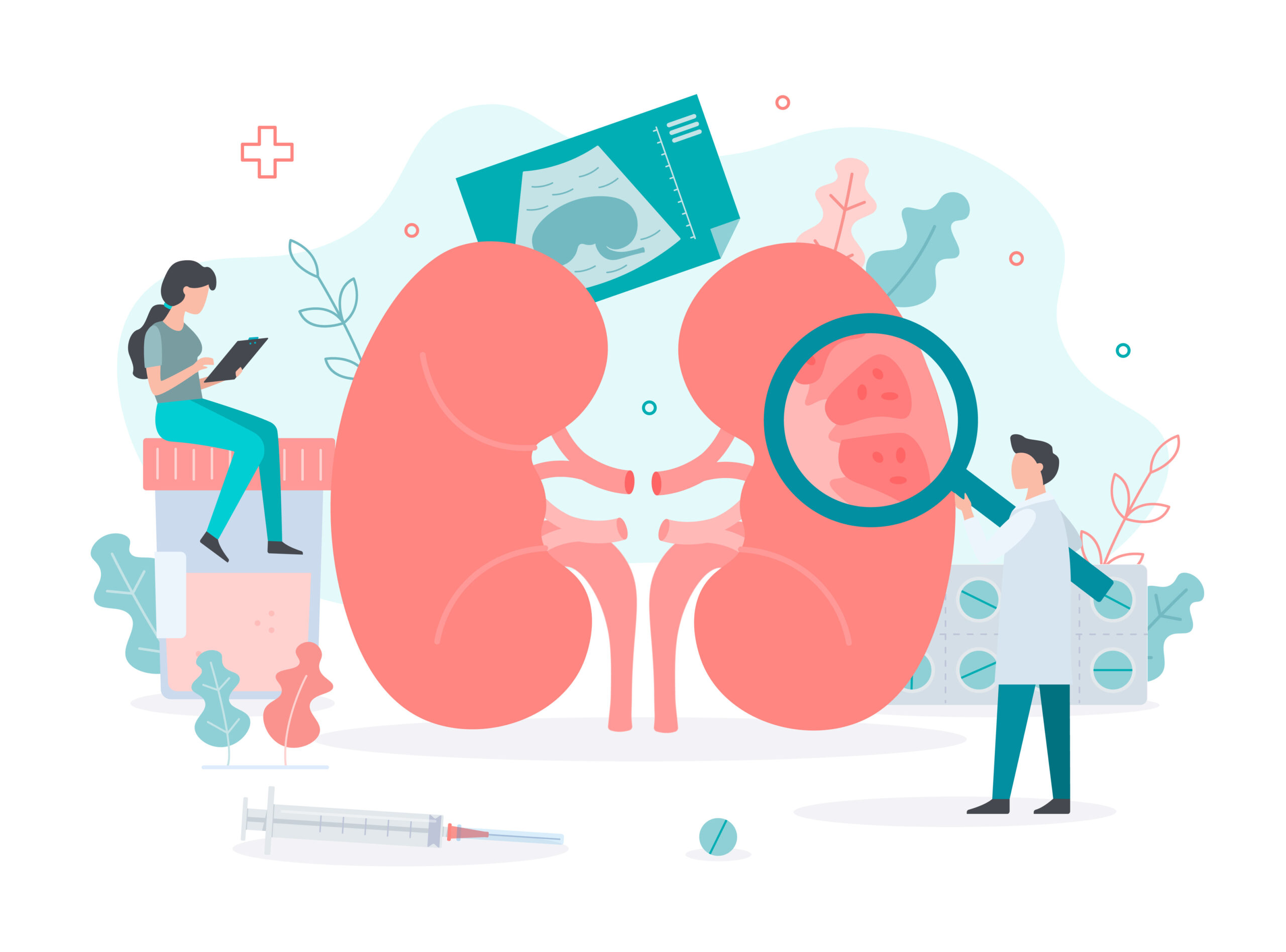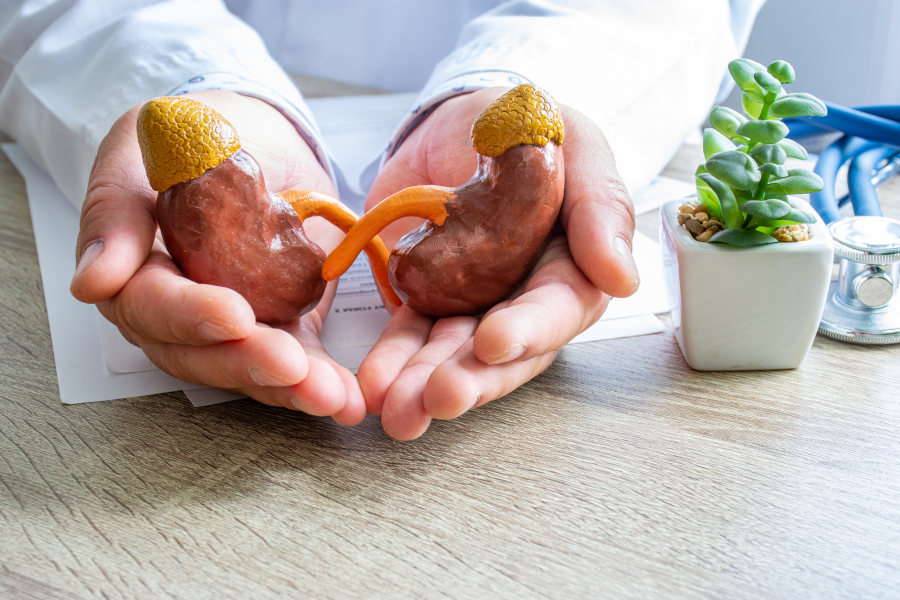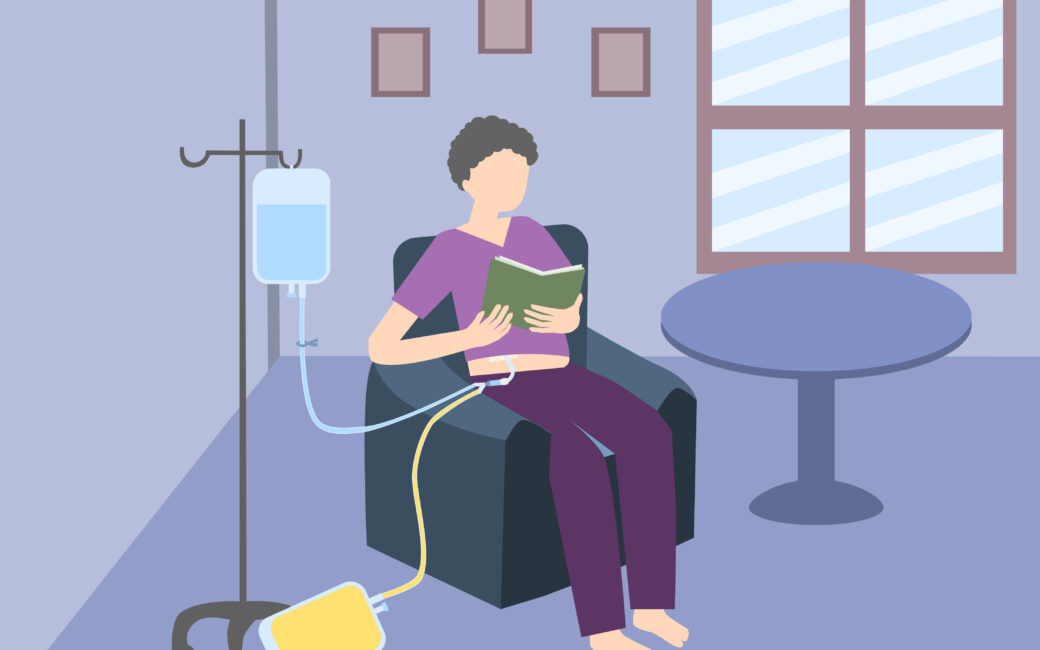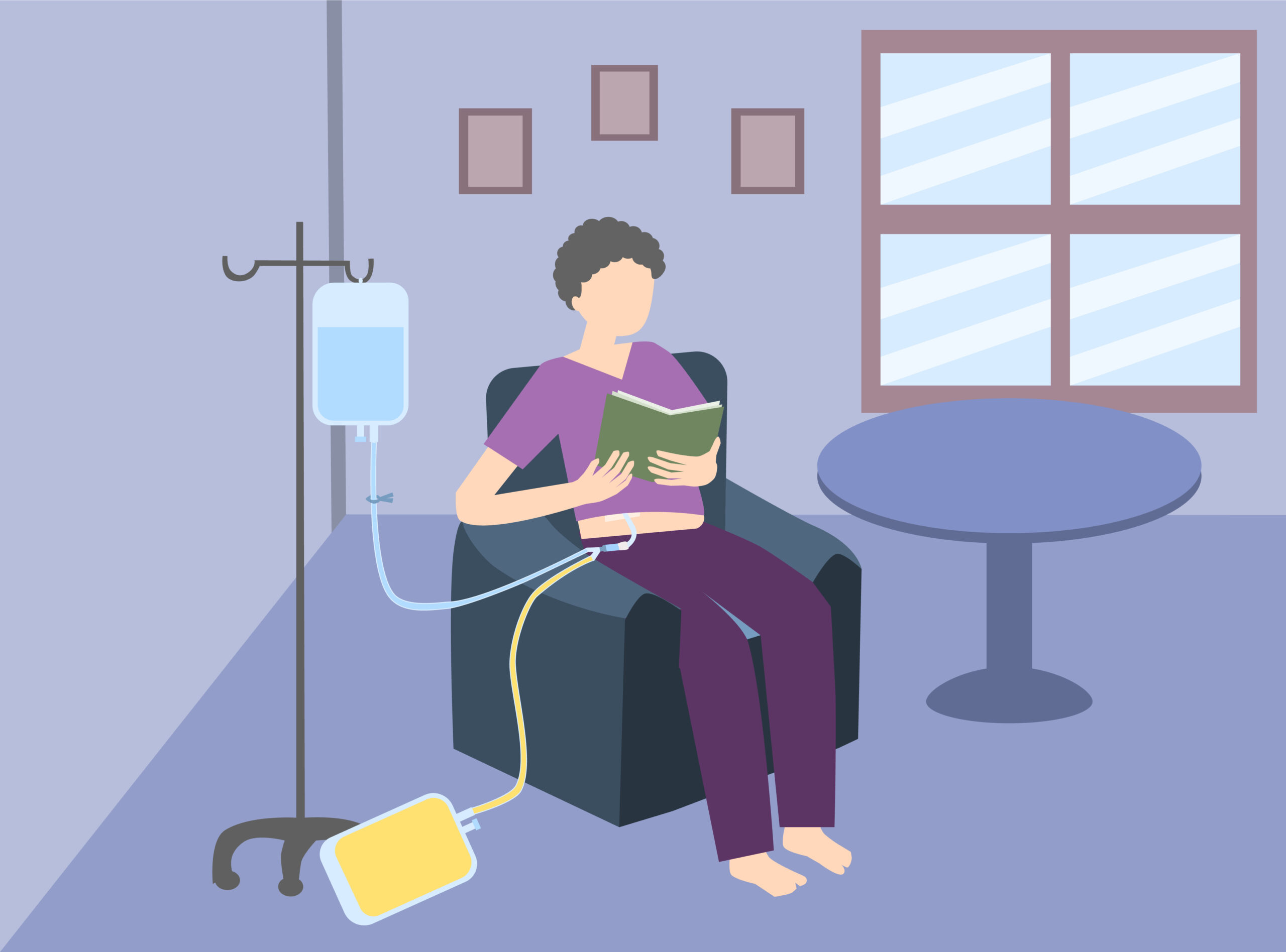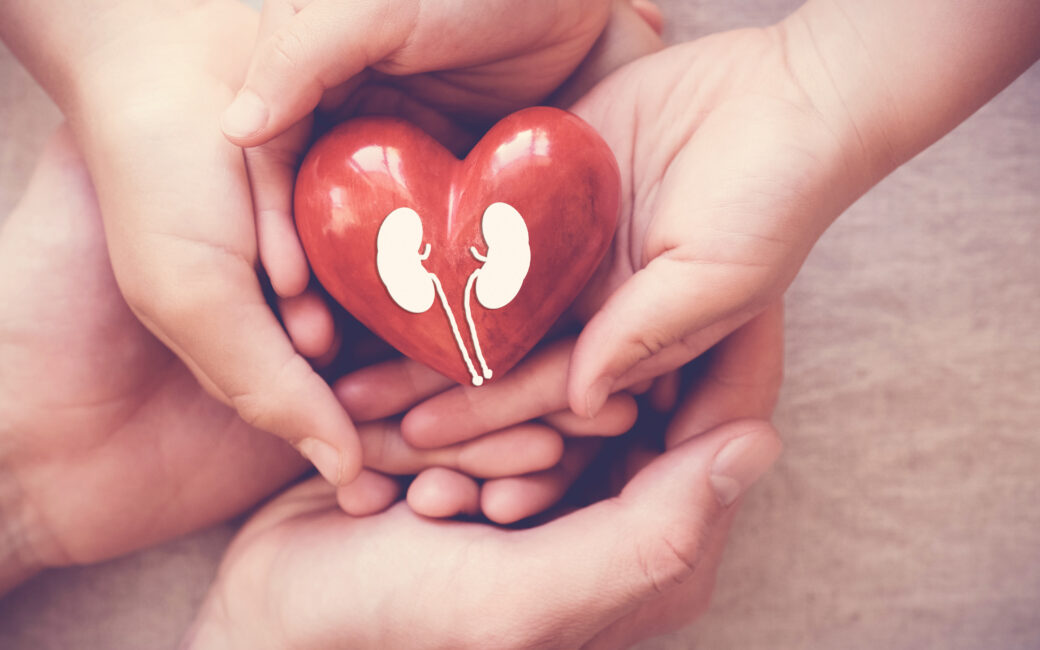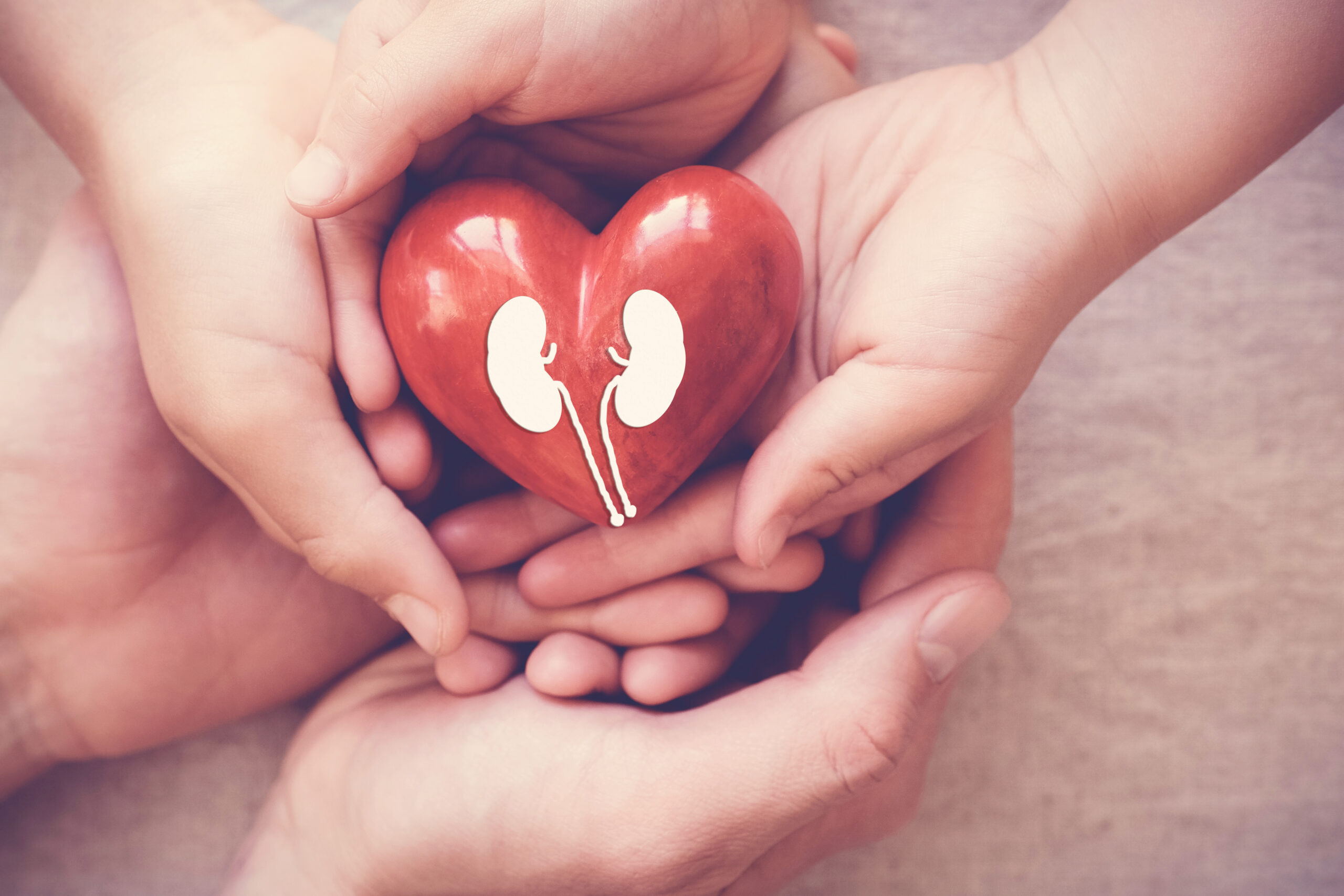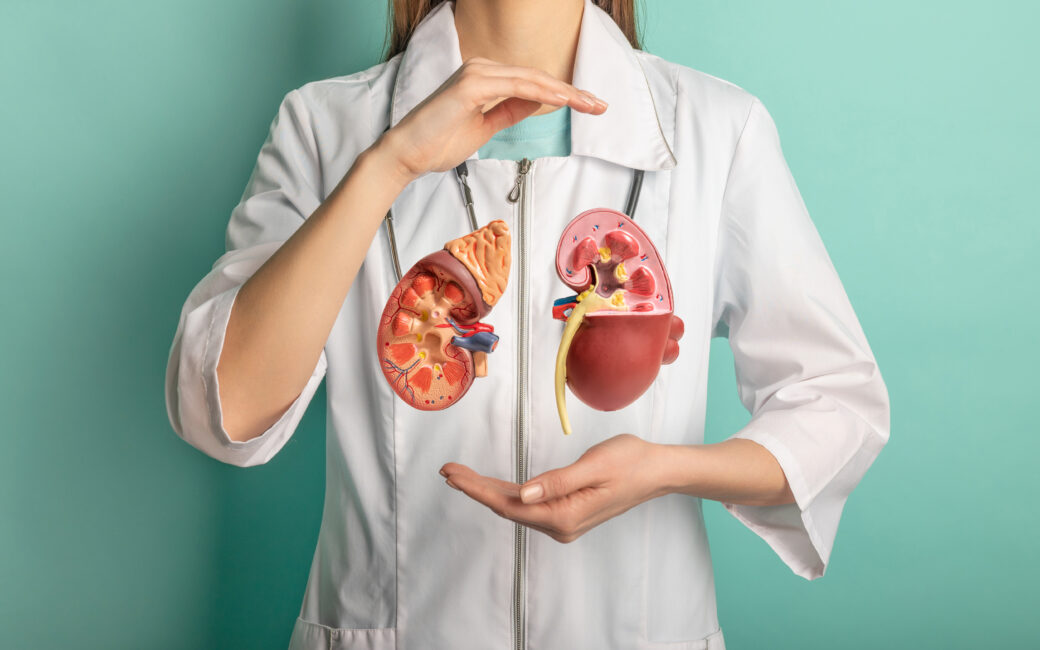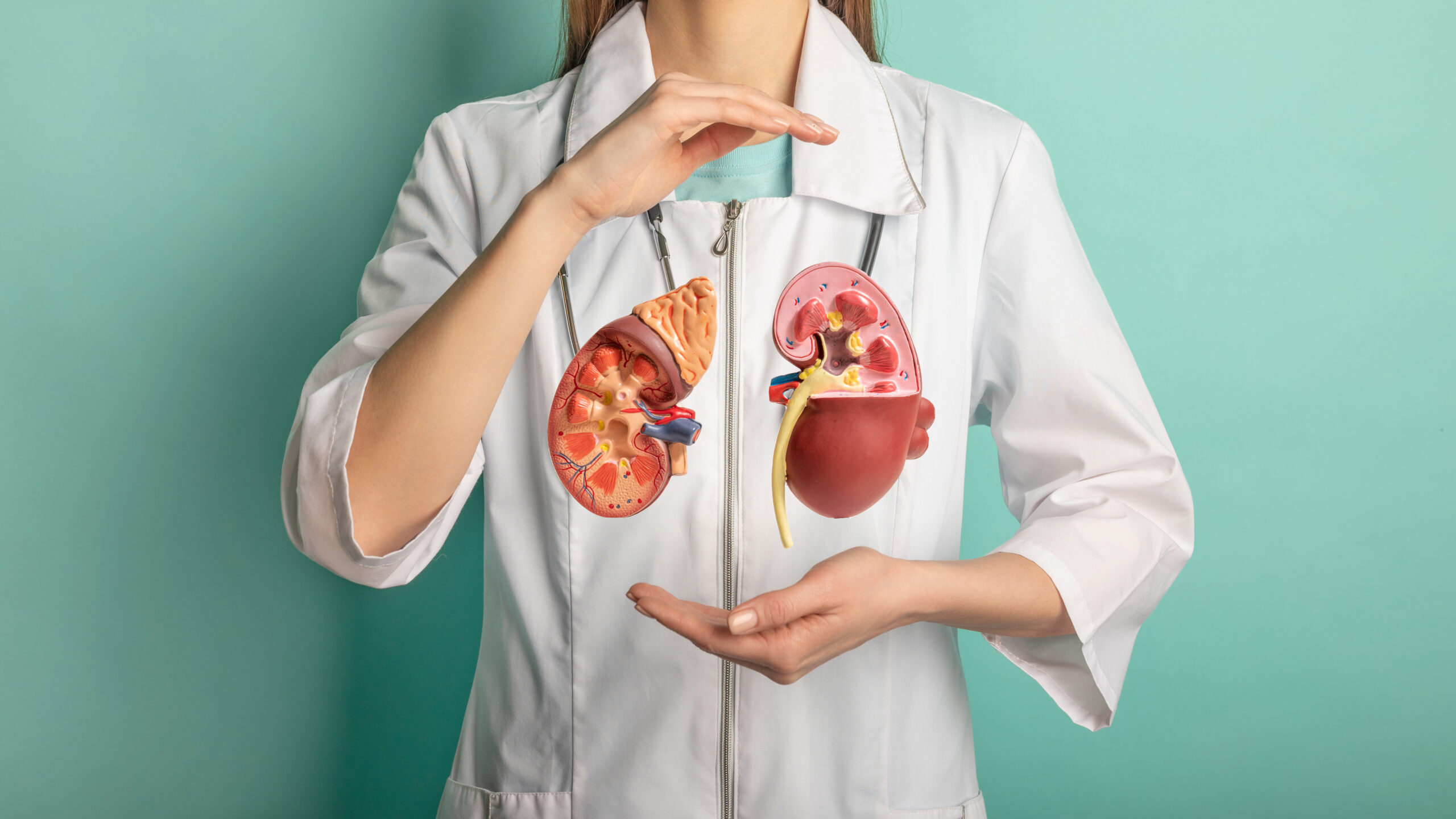Living a Full Life with One Kidney: Debunking Myths and Embracing Health
Living with one kidney is a reality for many individuals, whether due to donation, surgery, or congenital conditions. The good news is that most people can lead healthy, normal lives with just one kidney. The experts at Midwest Nephrology Associates are here to help you understand how you can maintain optimal health and debunk some common myths associated with living with one kidney.

A Healthy Life is Possible
Studies have shown that the morbidity and mortality rates for those living with one kidney are extremely low. In fact, one study indicated a mortality rate of just 0.03%. This means that, in most cases, having one kidney does not significantly impact your life expectancy, provided the remaining kidney stays healthy.
Protecting Your Kidney
Maintaining kidney health is crucial, especially when you have only one. Here are some specific steps you can take to protect your kidney:
- Healthy Diet: Eating a diet rich in fruits and vegetables while avoiding excess salt can greatly benefit your kidney health. For more detailed dietary tips, check out our guide on foods that help boost kidney function.
- Avoid Harmful Substances: It is essential to avoid substances harmful to the kidneys, such as alcohol and tobacco.
- Stay Hydrated: Drinking plenty of water helps keep your kidney functioning well.
- Regular Checkups: Attending regular medical checkups to monitor kidney function and prevent complications is important.
Debunking Common Myths
There are several myths about living with one kidney that can cause unnecessary worry.
Let's set the record straight:
- Similar to the above, with the ability to get more information without ever leaving the Search Engine Results page, you may see a decrease in traffic, but you should also experience higher conversion rates.
- New features will continue to roll out like uploading photos to get recommendations.
- Similar to the above, with the ability to get more information without ever leaving the Search Engine Results page, you may see a decrease in traffic, but you should also experience higher conversion rates.
- New features will continue to roll out like uploading photos to get recommendations.
- Myth: People with one kidney must follow a restricted diet
- Reality: Most individuals with one kidney do not need a special diet, although it’s wise to avoid excessive salt and sodium.
- Myth: Physical activity is off-limits for those with one kidney.
- Reality: Physical exercise is healthy and encouraged. However, some doctors may advise against contact sports that could potentially harm the remaining kidney.
- Similar to the above, with the ability to get more information without ever leaving the Search Engine Results page, you may see a decrease in traffic, but you should also experience higher conversion rates.
- New features will continue to roll out like uploading photos to get recommendations.
- Myth: Having one kidney means you can't have children.
- Reality: People with one kidney can get pregnant and have children safely, though they may require closer monitoring during pregnancy.
The Resilience of the Kidneys
The kidneys are incredibly resilient organs. The body can adapt remarkably well when one kidney is removed, whether for donation or medical reasons. Most people with only one kidney live perfectly healthy lives and do not need to make significant lifestyle adjustments.
About Midwest Nephrology
Midwest Nephrology Associates is dedicated to providing top-tier care and guidance for all aspects of kidney health. Whether you need information on maintaining kidney function or managing life with one kidney, our team of experienced nephrologists is here to help. Learn more about our services and locations and schedule a consultation with us today.
